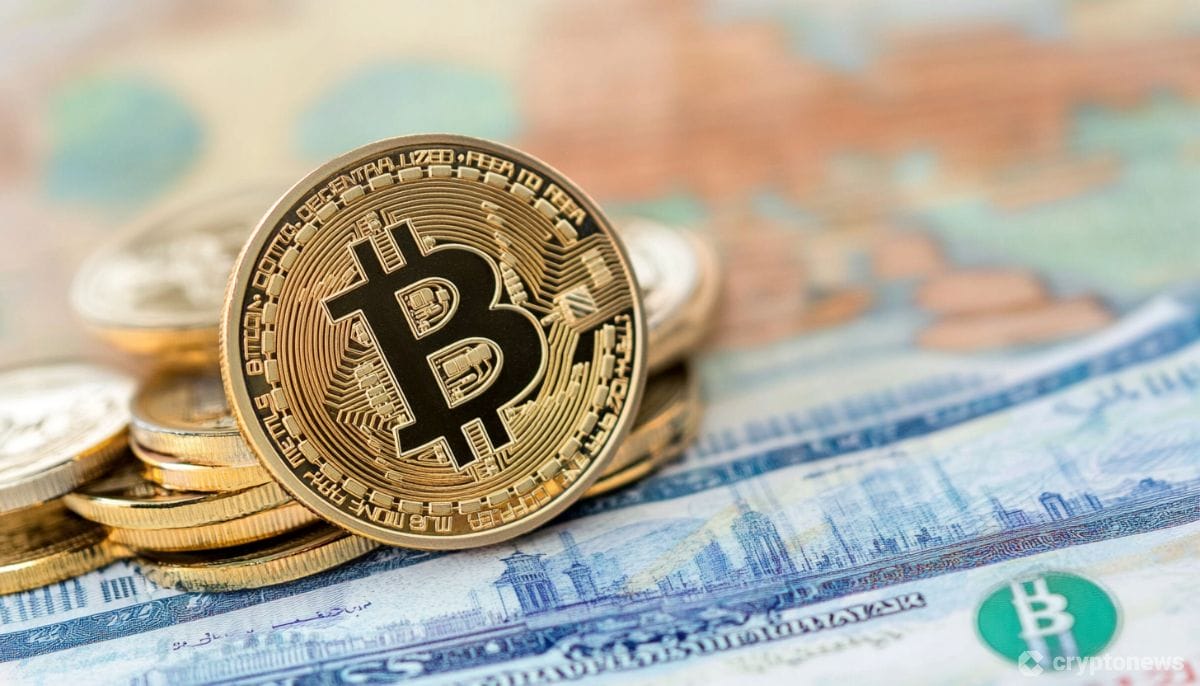The United Arab Emirates (UAE) has recently announced that it will exempt crypto transactions from value-added tax (VAT). This exemption covers the exchange and transfer of virtual assets and is retroactive, dating back to January 1, 2018. The Federal Tax Authority (FTA) published amendments that treat digital assets similarly to traditional financial services, which have long been exempt from VAT. This move is expected to have significant financial implications for businesses, as they may be eligible to reclaim VAT paid on crypto transactions, potentially resulting in refunds.
This VAT exemption provides relief to businesses and investors in the UAE’s cryptocurrency ecosystem. It eliminates the 5% VAT levy on transfers and conversions of cryptocurrencies like Bitcoin and Ethereum. The retroactive nature of the regulation means companies can now review their past VAT positions and potentially claim back taxes paid. Advisory firms like PwC are advising businesses to reassess their VAT compliance and consider input tax recovery, which allows them to claim back VAT paid on eligible purchases. This could be a complex process given the retroactive application of the new rule.
The VAT exemption is expected to have various impacts on the crypto ecosystem in the UAE, boosting domestic and international interest in the country’s regulatory framework. Companies operating in the UAE will benefit from reduced operational costs and a more competitive edge. Blockchain enterprises, in particular, will find it easier to conduct business in the UAE, as the VAT relief simplifies their operations. This move could also encourage collaboration between traditional banks and crypto companies, leading to more seamless services for customers.
The tax relief could lead to greater liquidity in the market, as investors may feel more comfortable holding and transacting with cryptocurrencies in a tax-free environment. However, the exemption also poses challenges related to compliance, as companies need to review their historical VAT filings and potentially make adjustments to comply with the new regulations. Additionally, the recent agreement between VARA and the SCA on a mutual supervision system for VASPs allows registered firms to serve clients across the UAE and promotes the adoption of digital asset services in the region.
In conclusion, the UAE’s decision to exempt crypto transactions from VAT is a significant development in the country’s regulatory landscape. This move aligns digital assets with traditional financial services in terms of tax treatment, providing relief to businesses and investors in the UAE. The VAT exemption is expected to drive adoption of digital assets in the region, boost liquidity in the market, and foster collaboration between financial institutions and blockchain enterprises. While the exemption comes with compliance challenges, it represents a step towards creating a favorable environment for crypto businesses in the UAE.










